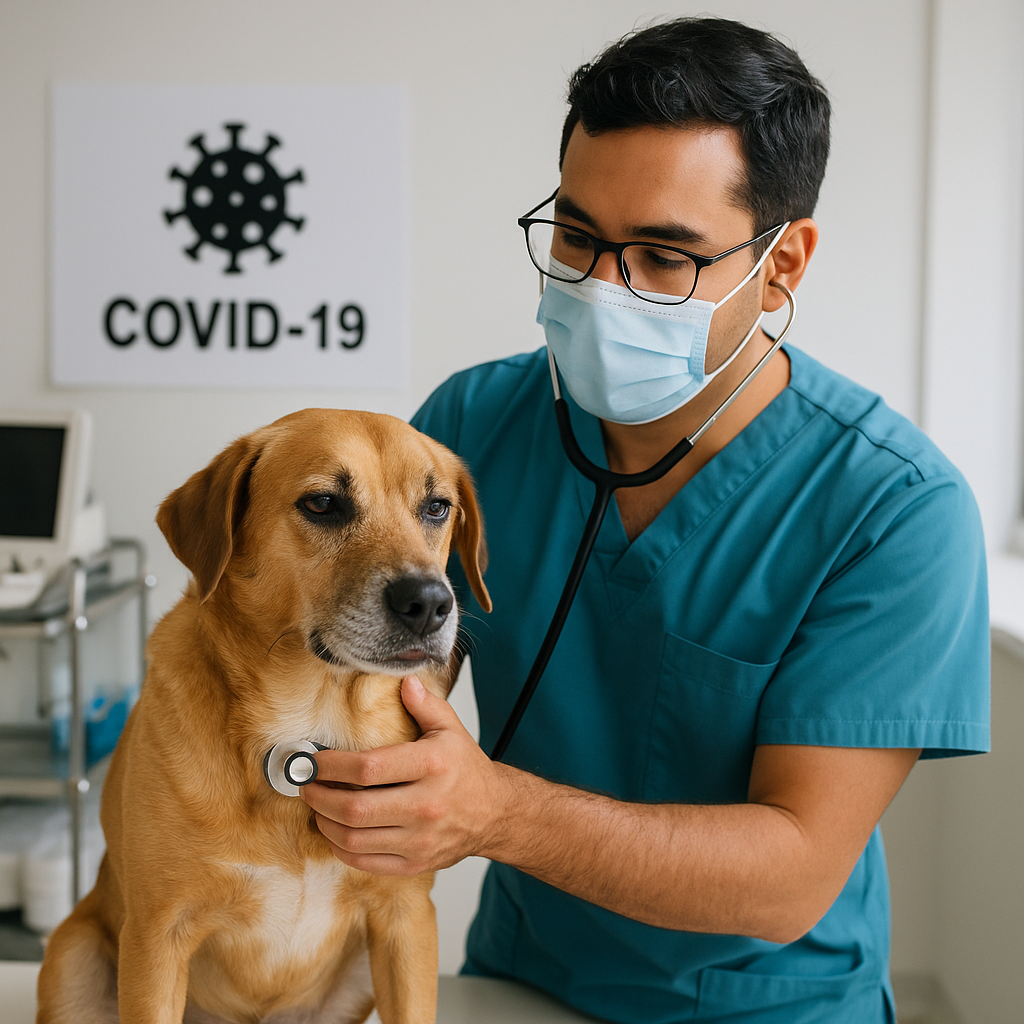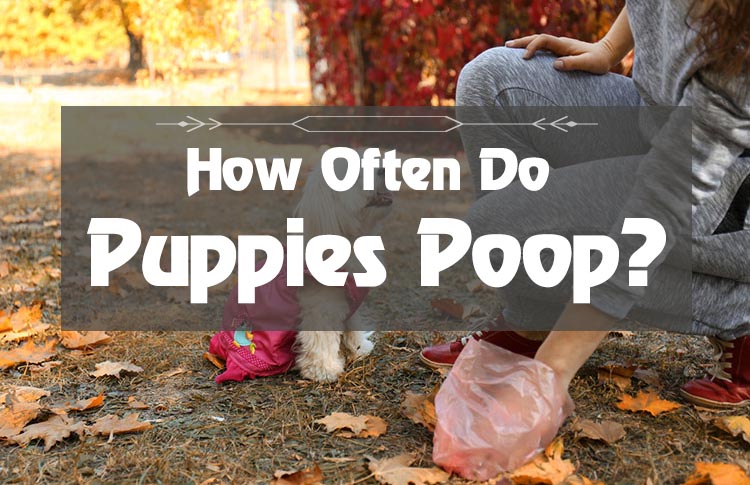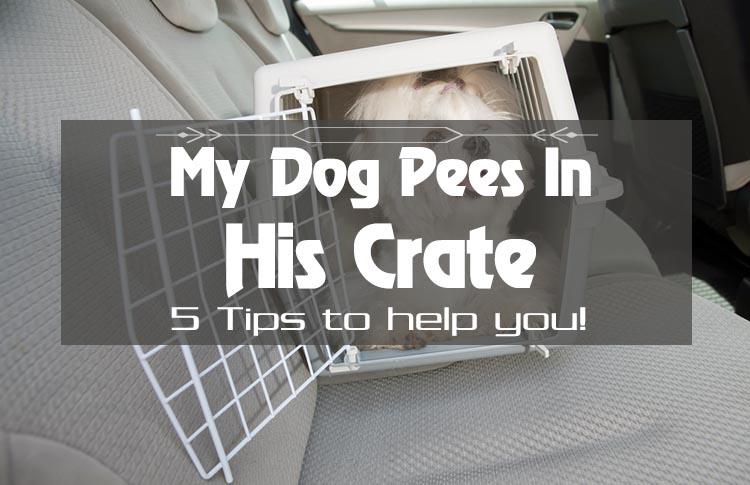Can dogs get COVID? While it’s possible, the good news is that cases are extremely rare and symptoms are usually mild. Some dogs may show signs like coughing, sneezing, or mild respiratory discomfort, but most recover fully with proper care.
In this article, we’ll dive deep into how COVID-19 affects our canine companions, the ways dogs can contract the virus, and practical steps you can take to keep them safe. Understanding the risks and being proactive ensures you’re doing everything possible to protect your furry friend. Stay informed, stay prepared — and rest assured, we’ve got all the answers dog owners need during these uncertain times.
Key Takeaways
- Dogs can get COVID-19, but infections are rare and typically mild, with symptoms like coughing and lethargy.
- Dogs primarily contract COVID-19 from humans through close contact, so it’s important to limit interactions if someone in the household is infected.
- There is currently no COVID-19 vaccine for dogs, making it crucial for pet owners to follow hygiene and safety measures to protect their pets.
Understanding COVID-19 in Dogs
Yes, dogs can get COVID-19, though it is extremely rare. The virus responsible, SARS-CoV-2, has been identified in dogs worldwide, but the overall rate of infection remains low. Unlike the canine coronavirus, which is a different virus entirely, SARS-CoV-2 can infect dogs, leading to a range of mild symptoms. However, the likelihood of dogs transmitting the virus to humans is currently unsupported by evidence.
When dogs do contract COVID-19, their symptoms are usually mild. You might notice coughing, difficulty breathing, sneezing, or a runny nose. These symptoms are similar to what humans experience, albeit typically less severe in dogs. Despite these cases, it’s reassuring to know that severe illness in dogs is rare, and most infected pets recover fully.
Grasping the basics of COVID-19 in dogs is essential for their health. Recognizing symptoms and the rarity of severe cases can ease anxiety on this topic.
Can Dogs Get COVID from Humans?
Dogs can contract COVID-19 from humans, but such cases are extremely rare. The primary mode of transmission is through close contact with an infected person. If you or someone in your household tests positive for COVID-19, your dog could potentially contract the virus from you. The virus can transfer from humans to pets during close interactions like petting, cuddling, or sharing food.
If you test positive for COVID-19, avoid contact with your dog as much as possible. Isolating yourself from your pet can help reduce the risk of transmission. Refrain from snuggling, kissing, or allowing your dog to lick you. Have another, non-infected household member take over pet care duties, including feeding and walking.
This rare transmission mode highlights the importance of hygiene and precautionary measures. Although unlikely, the risk of dogs contracting COVID-19 from humans is not zero. Understanding these risks helps you take steps to protect your pet.
Symptoms of COVID-19 in Dogs
Dogs with COVID-19 might exhibit a range of mild symptoms. The most common signs include fever, coughing, and lethargy. Lethargy in dogs appears as unusual sluggishness or a lack of energy, noticeable if your typically active pet suddenly seems uninterested in usual activities.
In addition to these symptoms, some dogs may experience vomiting and diarrhea. These symptoms can be mistaken for other common dog illnesses, so monitor your pet closely. If your dog displays new symptoms or concerning behaviors, consult with a veterinarian. Most pets that have contracted COVID-19 experience a mild illness and recover fully.
Early recognition of symptoms helps in managing your pet’s health effectively. If your dog shows symptoms of COVID-19, get them tested and seek veterinary advice.
Should You Test Your Dog for COVID-19?
Deciding whether to test your dog for COVID-19 can be difficult. Generally, routine dog tested for COVID-19 is not recommended. If your dog shows symptoms that warrant a vet visit, especially if someone in your household has tested positive for COVID-19, consult with your veterinarian. They can advise whether a COVID-19 test is necessary based on symptoms and exposure risk.
If your dog tests positive, follow-up tests may be needed to confirm the infection has cleared before resuming normal activities, ensuring your dog is no longer a potential carrier. Consulting a vet is the best way to determine the appropriate steps for your pet’s health.
Risks of COVID-19 Transmission Between Dogs and Humans
COVID-19 transmission from dogs to humans is minimal. There is no evidence that dogs can transmit the virus to humans or other animals. While pets can become infected from close contact with infected humans, severe illness in pets is rare, and the risk of people catching COVID-19 from animals is far less than from another person. Additionally, it is important to note that dogs do not infect humans.
The Centers for Disease Control and Prevention (CDC) advises that individuals who are ill with COVID-19 should limit their interactions with pets sick to minimize the potential risk, however small it may be. Avoid petting, snuggling, kissing, or sharing food with your pets while you are sick.
Although there is no proof that COVID-19 transmits through a pet’s fur or skin, washing hands thoroughly after handling pets or their belongings, including pet fur, is always good practice. Following these guidelines helps ensure the safety of both you and your pets.
How to Protect Your Dog from COVID-19
Protecting your dog from COVID-19 involves several practical steps. If you are unwell with COVID-19, limit contact with your pets. Avoid petting, cuddling, and sharing food. If possible, have a healthy household member take over feeding and walking your dog.
Regular hand washing is crucial, especially after interacting with pets or handling their items. This reduces the risk of transmission. Keep your dog away from unvaccinated people and those showing COVID-19 symptoms. Social distancing applies to pets too; maintain a safe distance from others and avoid dog parks.
Using a leash during walks keeps your pet dogs close and away from others, reducing exposure risk. Following these precautions significantly lowers the chances of your dog contracting COVID-19.
What Other Animals Can Get COVID-19?
COVID-19 is not limited to cats and dogs; several other animals can contract the virus that causes covid. For example, big cats like lions, tigers, and snow leopards in zoos have tested positive for SARS-CoV-2. Wildlife species, including white-tailed deer and mule deer, also carry the virus.
The emergence of new variants in animal populations highlights the importance of ongoing surveillance and wildlife conservation efforts. The broad range of susceptible animals highlights the need for continued research and monitoring to understand the virus’s spread among different species and its potential implications for animal health and human health, as emphasized by the world health organization.
Knowing which other animals can get COVID-19 aids in developing better preventive measures and ensuring the well-being of both pets and wildlife.
Veterinary Care for COVID-Positive Pets

If your pet tests positive for COVID-19, follow your veterinarian’s guidance carefully. Typically, home isolation is recommended based on the pet’s symptoms. Monitoring your pet’s symptoms and keeping a log helps track their progress and provides accurate information to your vet.
During isolation, limit your pet’s contact with other animals and people to prevent potential virus spread. Serious illness from COVID-19 in pets is extremely rare, and most pets that test positive recover fully with appropriate care. However, consult a veterinarian if your pet shows signs of severe illness.
Follow-up tests confirm that your pet is no longer infected before resuming normal activities. Adhering to these steps ensures your pet’s health and safety during recovery
Preventing COVID-19 Spread Among Pets
Preventing COVID-19 spread among pets involves several key strategies. If you have COVID-19, limit your contact with your pets and have someone else care for them if possible. Avoid close interactions like cuddling, sharing food, and sleeping in the same bed with your pets while infected.
Thoroughly wash hands before and after handling pets to prevent virus transmission. This includes after contact with your pet or items they use. Wearing gloves when handling your pet’s food, bedding, or waste can also reduce transmission potential.
Following these hygiene and precautionary measures helps minimize the risk of spreading COVID-19 among pets.
COVID-19 Vaccines for Dogs: Current Status
Currently, there is no COVID-19 vaccine available for dogs. Available vaccines for canine coronavirus do not prevent infection with SARS-CoV-2, the virus causing COVID-19. This underscores the importance of preventive measures and regular veterinary care to protect your dog from the virus.
Staying informed about the latest updates from credible sources, such as the American Veterinary Medical Association, can help you make the best decisions for your pet’s health.
Summary
Although dogs can contract COVID-19, these cases are extremely rare, and severe illness among pets is even less common. Most infections happen through close contact with an infected human. Recognizing symptoms early and consulting with a veterinarian are critical steps to protect your dog’s health.
To reduce the risk of infection, it’s essential to follow recommended preventive measures and maintain good hygiene. For those passionate about interesting facts about dogs, staying informed, proactive, and attentive helps ensure the health and safety of their furry companions. Your vigilance makes a real difference in keeping your beloved dogs safe and happy.
Frequently Asked Questions
Can dogs get COVID-19 from humans?
Yes, dogs can catch COVID-19 from humans, but it’s really rare and usually happens through close contact with someone who’s infected. So, it’s always a good idea to be cautious around your furry friends if you’re feeling unwell.
What are the symptoms of COVID-19 in dogs?
If your dog has symptoms like fever, coughing, lethargy, vomiting, or diarrhea, it’s important to reach out to your vet. Thankfully, most dogs tend to have mild illness and recover fully.
Should I test my dog for COVID-19?
It’s best to consult a veterinarian only if your dog shows symptoms and someone in your household has tested positive for COVID-19. Routine testing isn’t recommended.
Can dogs transmit COVID-19 to humans?
Dogs cannot transmit COVID-19 to humans, so you don’t need to worry about your furry friend spreading the virus. The main concern is human-to-human transmission.
Are there COVID-19 vaccines for dogs?
There aren’t any COVID-19 vaccines specifically for dogs right now. The vaccines for canine coronavirus don’t provide protection against the virus that causes COVID-19.




